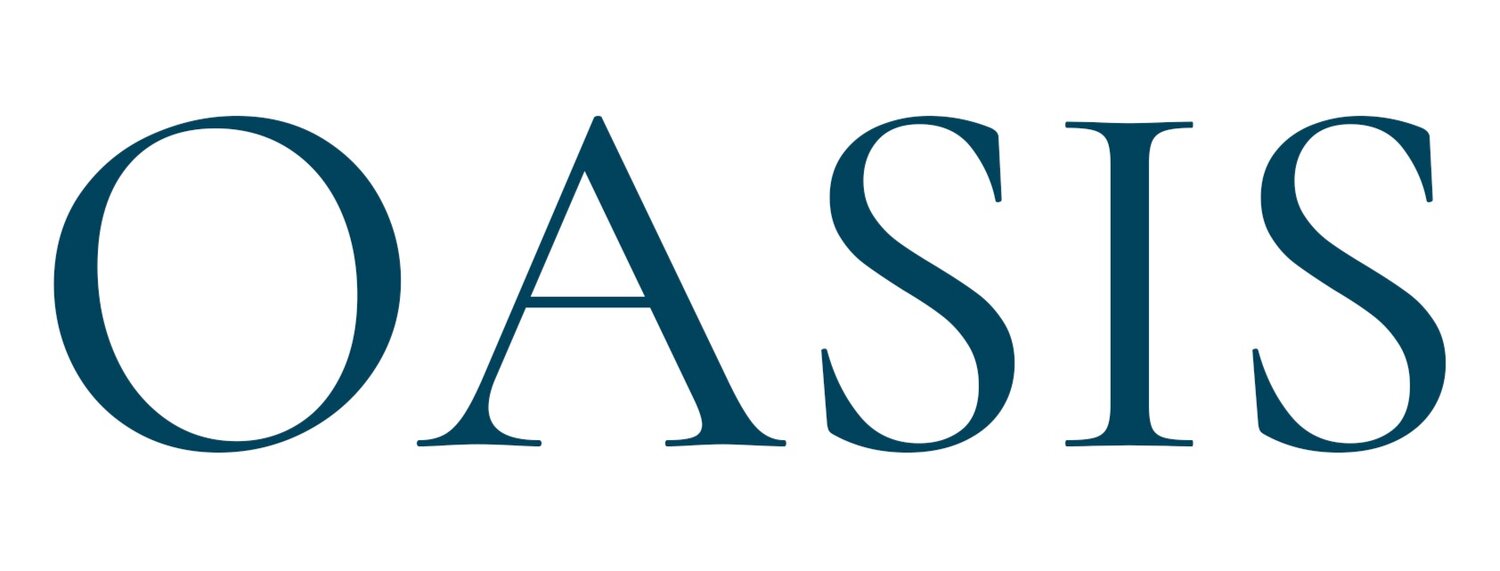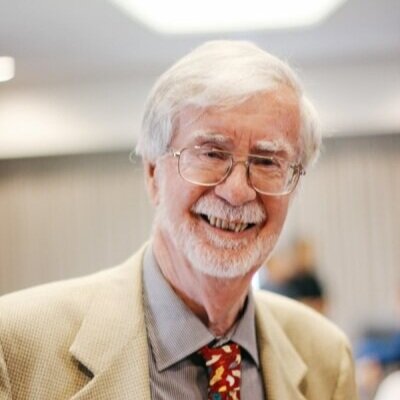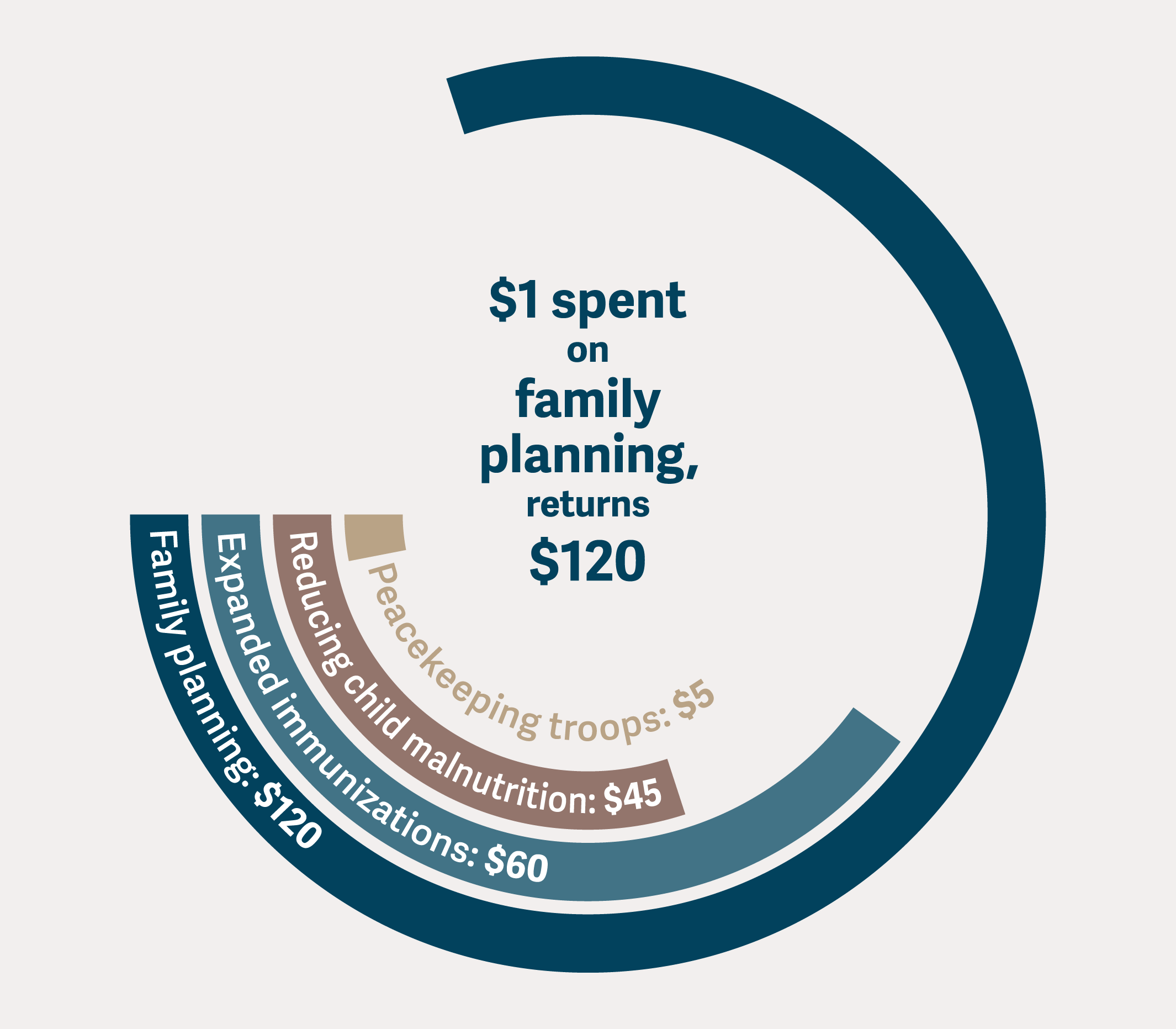
Increasing Aid for Girls’ Education and Family Planning in the West African Sahel
This conference was held as an official side event of the Global Education Summit. Participants discussed: What will it take to meet the unmet needs for family planning and girls’ education in the Sahel? Why should these be a priority for overseas development assistance to the region? How can these investments leverage better outcomes in the Sahel and beyond? For more information, see our white paper, A Fulcrum for the Future.
Speakers
Brooke Russell,
Associate Director, AidData at College of William and Mary
Fulcrum for the Future: Girls’ Education and Voluntary Family Planning: The Best Investments for Development and Security in the Sahel
Video | Slides | White Paper
Pape Amadou Gaye,
Founder and President, Baobab Institute for Health and Development
The challenge: Population and Development in the Sahel (French)
Moderated Panel Discussions
Educating girls in the classroom and beyond: a case study from northern Nigeria
Panelists: Habiba Mohammed, Mardhiyyah Abbas Mashi, Maryam Albashir, Sakina Abdulkadir
Moderator: Daniel Perlman
Proven and Promising Approaches: Investment recommendations for Voluntary Family Planning (French)
Panelists: Marie Ba, Harou Issoufa, Nènè Fofana-Cissé, Maria Middah
Moderator: Ndola Prata
Djimé Adoum,
Sahel Coalition
Call to Action: Increase overseas development aid for girls’ education and family planning
Increasing access to family planning and quality education are strategic, mutually reinforcing interventions that enhance self-determination for women and girls. Better educated, more empowered women tend to choose smaller families, slowing population growth in rights-based ways and generating a “demographic dividend” that can put the Sahel on the path toward the Sustainable Development Goals.
Gains in education and family planning will result in gains in other sectors, making Sahel communities healthier, more resilient, better resourced, more prosperous, and more stable and secure.
This represents a cost-effective way for donor countries and international organizations to ameliorate the Sahel crisis and have far-reaching impacts on the region’s future. Targeted investments in family planning and girls’ education can mitigate future humanitarian need and help reverse worsening migration, terrorism and unrest.
Now is the time to invest more in proven solutions that can enhance the wellbeing of families and build lasting stability in the region.
Overseas Development Aid Analysis
OASIS has conducted research that confirms investments in contraception and girls’ education offer a multiplier benefit across health, economic, social and environmental sectors in the Sahel. For more analysis of Overseas Development Aid priorities and opportunities in the Sahel, see our white paper, A Fulcrum for the Future.
Benefits of investing in women and girls’ education
Benefit per dollar spent for various development targets
Source: Copenhagen Consensus Center
Why invest in the Sahel?
This two-minute excerpt of a press conference by Toby Lanzer, the former Regional Humanitarian Coordinator for the Sahel for the United Nations Office for the Coordination of Humanitarian Affairs (UNOCHA), captures the urgency of acting now to address rapid population growth in the Sahel.














